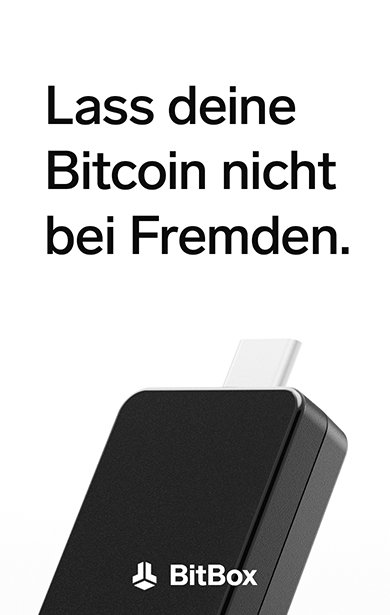Bitcoin cracks one billion transactions processed
Bitcoin cracks the billion!
According to data from Clark Moody and Blockchair.com, the Bitcoin network passed the one billion transaction mark last night. This means that the "electronic cash system", which is only 15 years old, has reached a milestone that hardly anyone could have imagined in its early years.
Slowly at first, then all of a sudden
The expression "gradually, then suddenly" has been repeatedly quoted in the Bitcoin community in connection with the network's increasing metrics (particularly the adoption rate and price), especially since Parker Lewis' series of articles of the same name.
It took a full 2.5 years for the Bitcoin network to reach the one million transactions mark for the first time in July 2011. It then took around four years for the figure to rise to 100 million. And in just another eight years or so, Bitcoin has now cracked the impressive mark of one billion transactions. This development shows impressively how the acceptance and use of Satoshi Nakamoto's invention has accelerated. In the past 30 days alone, more than 15.5 million transactions have been processed via the network.
Record transactions after the halving
The recently introduced Runes protocol was one of the factors behind the additional growth in transactions processed - Blocktrainer.de reported. After the Halving block 840,000, which was mined on April 20 this year, these so-called Runes were activated, which have since ensured an increased volume of transactions and thus high transaction fees. The network experienced its previous record day just a few days after the halving, on April 23. On this day, around 926,000 transactions were processed in a single day!
Let's remember - it took the network almost 2.5 years to process the same number in the early days. In block 842241, the one billion transaction mark was finally exceeded.
Limit reached?
With an average of 6.1 transactions processed per second in the last 30 days, the Bitcoin network is already operating close to its current capacity limit. A further increase in the transaction volume would probably lead to a "traffic jam" in the mempool rather than to further increases in the transaction metrics. The "then suddenly" quoted above therefore comes up against a natural limit imposed by the network capacity.
This limit is deliberately not being broken by the developers and the Bitcoin community, as this could lead to various problems in the long term, particularly with regard to decentralization. In the past, such an attempt even led to a fork of the network, known as the "Bitcoin Cash Fork" or "Bitcoin Independence Day".







